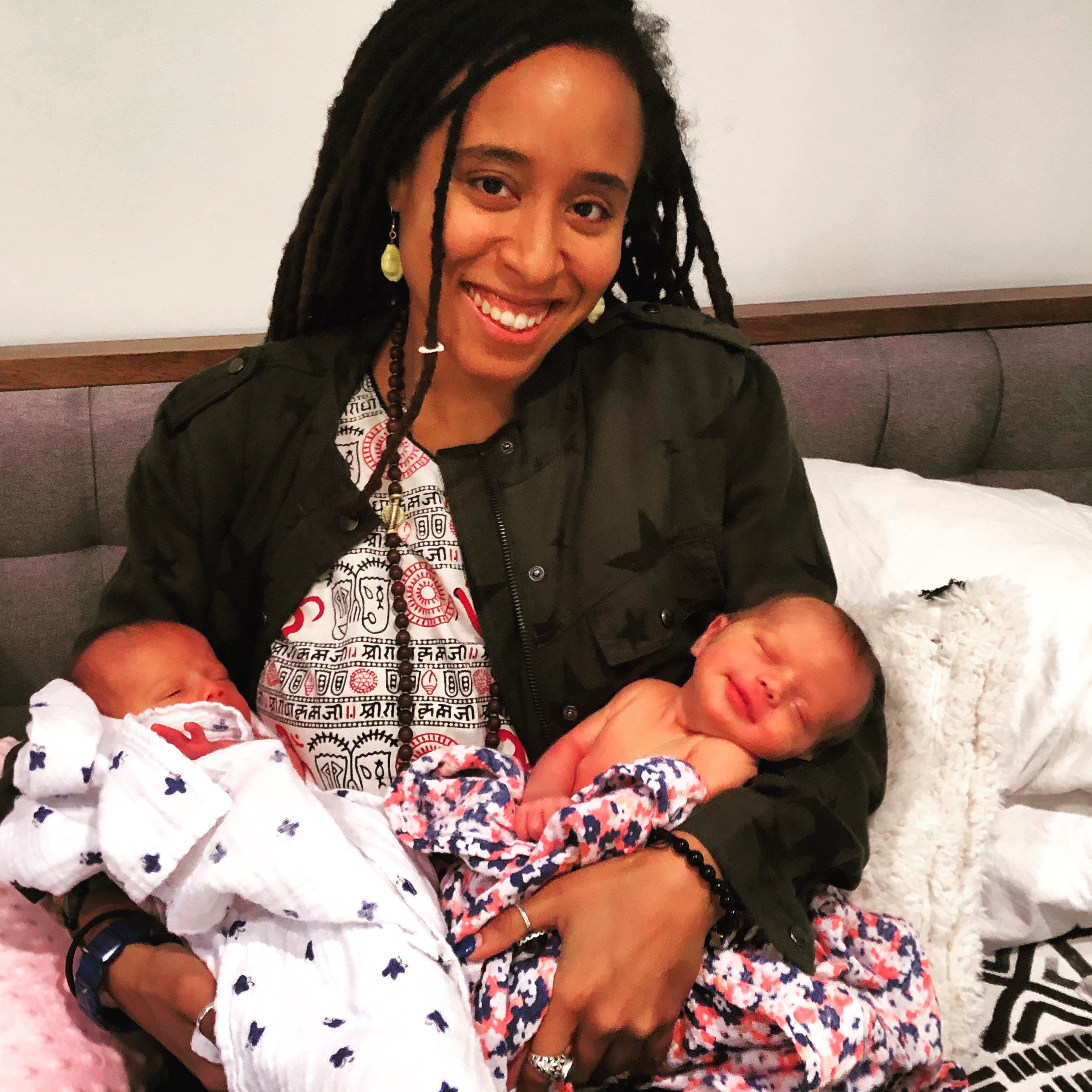What is Secondary Infertility?
Secondary Infertility is when you’re unable to get pregnant or carry a pregnancy to term after previously giving birth.
Secondary Infertility Effects 11% of Couples in The U.S.
According to The Cleveland Clinic, secondary infertility is just as common as primary infertility.

I spoke with Bailey Rollins a Fertility Coach, Birth and Postpartum Doula, Lactation Consultant and the author of Stay Fertile, a new book that gives tips for natural and holistic methods to boost your fertility and increase your chances of a healthy conception.
What are some causes of secondary infertility?
Several factors can contribute to secondary infertility, including: Advanced maternal and paternal age can decrease fertility. As individuals age, their reproductive systems may not function as efficiently as they did when they were younger, leading to difficulties in conceiving. Certain health conditions: such as endometriosis, polycystic ovary syndrome (PCOS), pelvic inflammatory disease (PID), and thyroid disorders, can affect fertility and contribute to secondary infertility. Lifestyle factors: Obesity, smoking, excessive alcohol consumption, and drug use can negatively impact fertility in both men and women. Irregularities in hormone levels can disrupt ovulation and sperm production, making conception more difficult. High levels of stress can affect hormone levels and interfere with ovulation and sperm production, leading to difficulties in conceiving. Male factor infertility: Changes in sperm quality, quantity, or motility can contribute to secondary infertility in men.
Can diet make a difference?
Absolutely! Diet impacts hormonal balance, liver function, egg and sperm quality and overall functioning of your body. Many foods contain harmful chemicals that disrupt hormonal balance and lower your fertility.
What are some of the things women and their partners can do to optimize fertility?
Eat a diet based on plants, organic fruits and vegetables. Consume healthy lean organic protein in moderation. Eliminate alcohol and caffeine. Consider going gluten free and dairy free if you have been trying to get pregnant for over 6 months. You also want to stay active, activities like walking, swimming, dancing and yoga can all help you stay fit for fertility!
What about supplements?
Your first step is to try to get the majority of your essential micronutrients from organic, live food sources whenever possible. Supplements should be secondary and a way to get an extra boost! There are many great supplements that support fertility for example Coenzyme 10, zinc and vitamin D if your levels are low.
How can couples support each other through this tough time?
Join support groups and expand your village of support. Keep a gratitude jar and talk about the things that are going well! Take breaks and spend time away from trying when it gets too stressful.
Is there anything else you would like to add?
It is your birthright to be and stay fertile just like the birds, the bees and the trees. Getting in touch with nature and natures’ natural rhythms is a great way to be fertile. It's also a good idea if you are struggling to consider hiring a Fertility Doula. A fertility doula is a holistic fertility coach that supports you on your fertility journey.
Click Here To Order "Stay Fertile" on Amazon!

For more information visit: www.moonstonebabies.com
https://www.instagram.com/moonstone_babies/
https://www.instagram.com/fertile_bliss/

Stay Informed Subscribe to Macaroni Kid It's Free!



